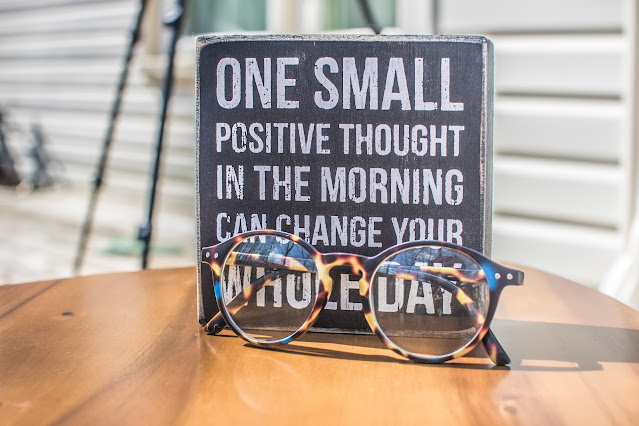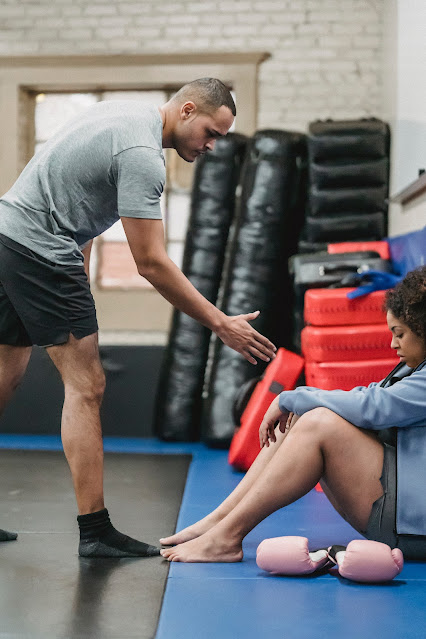Parenting can be overwhelming, especially when you have a highly sensitive child. These
children are more affected by their surroundings and react strongly to emotional stimuli. This
sensitivity can lead to frequent emotional storms that leave the child and parent exhausted and
frustrated. As a parent, it is important to understand the unique needs of your highly sensitive
child and develop practical strategies to create a calm environment for them. Megghan
Thompson Coaching expert, explores effective techniques to help you navigate the challenges
of raising a highly sensitive child and provide a safe space for them to thrive.
Understanding Highly Sensitive Children
Highly sensitive children experience the world more intensely and deeply than others. They
possess traits that make them stand out from their peers. These children are often more aware
of their surroundings, have a strong sense of empathy and intuition, and are highly perceptive.
However, these traits can also make them easily overwhelmed in certain situations.
As a parent, it is important to understand that being highly sensitive is not a flaw or weakness.
Instead, it is a personality trait that should be celebrated and embraced. Megghan Thompson
Coaching says that highly sensitive children may require extra support and understanding from
their caregivers, but they also have many strengths and gifts to offer. By understanding the
unique qualities of highly sensitive children, parents can better support and nurture their child's
emotional well-being.
Nurturing a Safe and Supportive Environment
Highly sensitive children thrive in safe and supportive environments. Creating a calm and
predictable atmosphere for your child is important as a parent. This can include setting clear
boundaries, providing routines and structure, and creating opportunities for open
communication. For example, you can establish regular check-ins with your child to discuss
their feelings and concerns. This allows your child to feel heard and understood, which can help
them manage their emotions more effectively.
Another important aspect of creating a safe and supportive environment is being mindful of your
responses as a parent. Highly sensitive children are highly attuned to the emotions of others. It
is important to copy healthy coping mechanisms and practice self-care as a parent. This can
help create a calm and positive atmosphere for your child to thrive in.
Coping with Emotional Overload
Highly sensitive children may experience emotional overload more frequently than their peers.
This can manifest in intense reactions to sensory stimuli. As a parent, you must equip your child
with coping strategies to manage these emotional storms.
One effective strategy is teaching your child deep breathing exercises. This simple technique
can help your child calm down and regulate their emotions. Another helpful tool is creating a
calm-down corner or safe space for your child to retreat to when they feel overwhelmed. This
designated area can be filled with comfort and relaxation items, such as soft blankets, sensory
toys, or calming music.
Dealing with Sensory Overload
Highly sensitive children may have difficulty processing and regulating their sensory
experiences, which can lead to anxiety and physical discomfort. As a parent, it is important to be
aware of your child's sensitivities and accommodate them as much as possible.
One way to support your child with sensory overload is by creating a sensory-friendly
environment at home. This can include using soft lighting, eliminating strong scents, and
minimizing excessive noise. You can also help your child with sensory tools like noise-canceling
headphones or weighted blankets. These tools can help your child feel more in control of their
environment and alleviate overwhelming feelings.
Encouraging Resilience and Confidence
Parents must understand that highly sensitive children are not fragile. These children exhibit
emotions and perceptions that can be powerful assets. Their empathy, creativity, and intuition
can contribute greatly to their personal growth and relationships. As a parent, nurturing
resilience and fostering self-assurance in your child is vital to guiding them toward a balanced
and fulfilling life journey.
One way to do this is by highlighting your child's unique qualities and talents. Let them know
that being highly sensitive is a special trait that can bring many positive opportunities and
experiences. Encourage your child to embrace their sensitivity and use it as a strength rather
than a weakness. Additionally, provide opportunities for your child to engage in activities or
hobbies they are passionate about. This can help boost their confidence and give them a sense
of purpose. By nurturing resilience and confidence in your highly sensitive child, you are setting
them up for success in their personal and professional lives.
Parental Self-Care
Parenting a highly sensitive child can be emotionally draining at times. To support their children
effectively, parents must prioritize their self-care. This includes taking breaks when needed,
seeking support from friends and family, and practicing mindfulness techniques.
Self-care involves setting boundaries. As a parent of a highly sensitive child, it can be tempting
to prioritize your child's needs over your own. However, this can negatively affect your ability to
care for your child. Prioritizing your well-being is important to being the best caregiver for your
child.
Final Thoughts
Highly sensitive children possess unique qualities that make them perceptive and empathetic.
As parents, it is essential to understand and celebrate these traits while providing a safe and
supportive environment for our children to thrive in. By practicing effective coping strategies,
accommodating their sensory needs, nurturing resilience and confidence, and prioritizing self-
care as caregivers, we can help our highly sensitive children navigate the world with confidence
and embrace their sensitivity as a strength. Remember, your child's sensitivity is not a
weakness but a beautiful gift that should be valued and cherished.








































